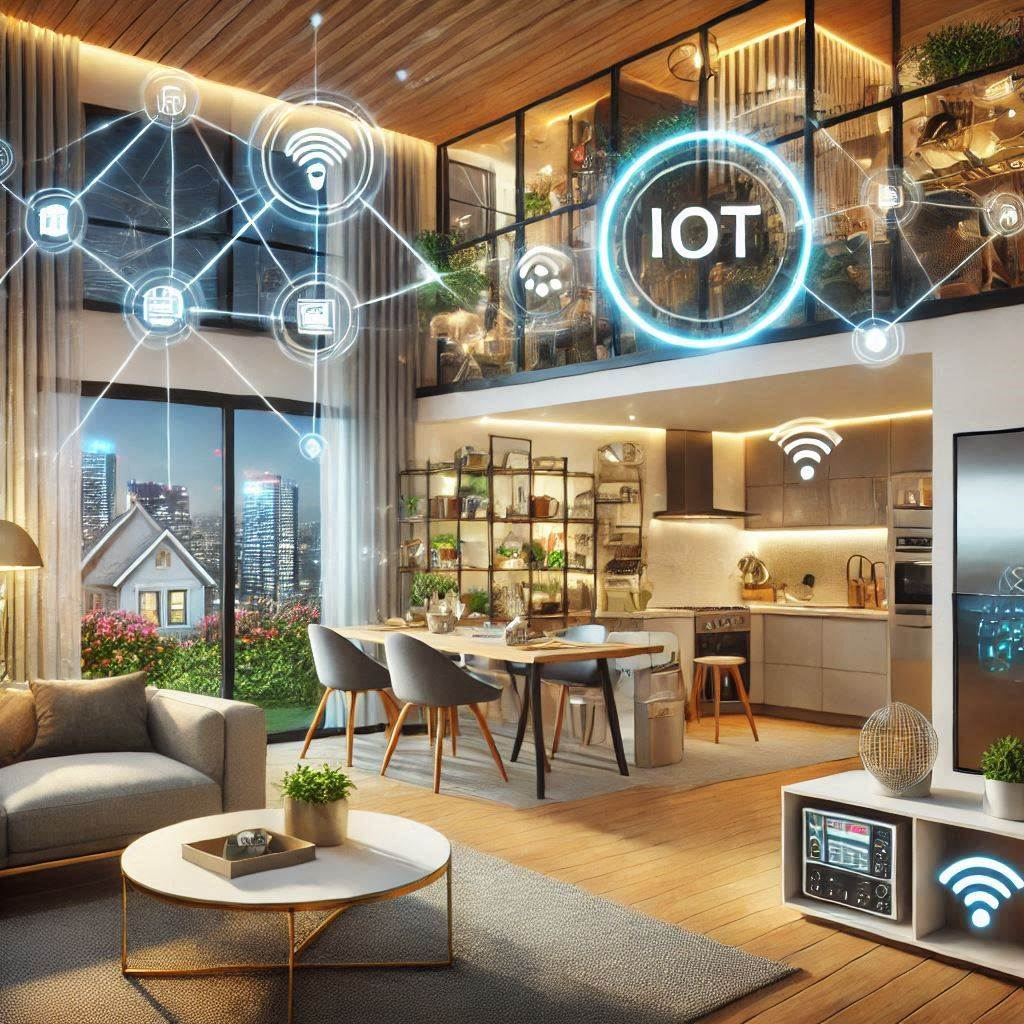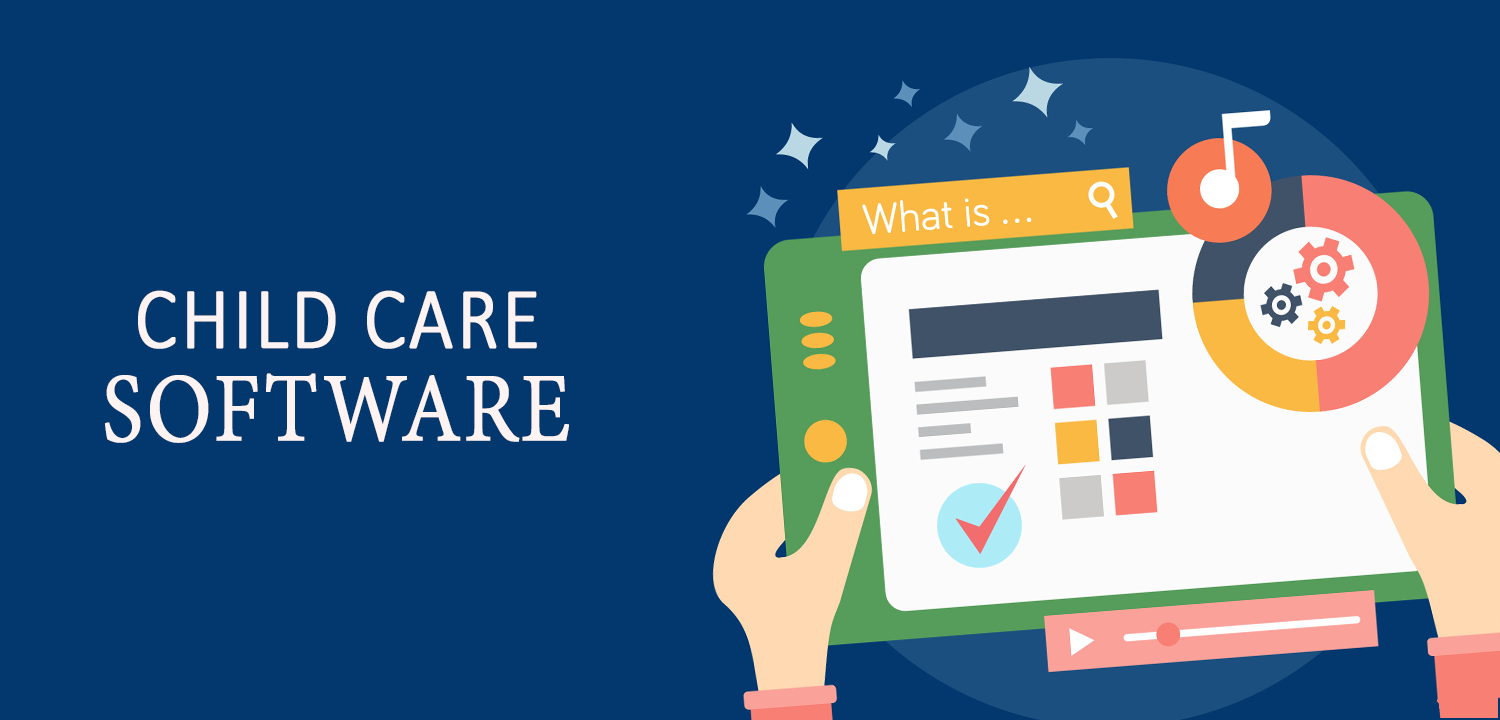
IoT Smart Home Solutions: Create A Smarter Lifestyle With Personalized Home Devices
Table of Contents
Think about a dwelling that is able to understand your desires and requirements and provide you with the best conditions for your everyday use of it. The Internet of Things (IoT) together with smart household items have turned this into reality before I could have ever imagined it.
Fair final week I was on my way to a vital assembly, however I was late for it since I arrived right on time. Some time recently while running out of the entryway I recollected that the lights were turned on.
Utilizing voice command through my shrewd domestic center I was able to switch them off remotely in a bid to spare vitality as well as accomplish the leading out of my security.
What is a Smart Home?
A keen domestic could be a home prepared with interconnected gadgets that can be controlled remotely, frequently through voice commands or a portable app. These devices work together to automate tasks, improve energy efficiency, and enhance security.
The Latest IoT Devices and Their Potential
-
Smart Home Hubs: The core of every smart home is a smart home hub, and Smart speakers like Amazon Echo, Google Home, and Apple HomePod act as control hubs, where you can set up and control your smart home with voice commands.
-
Smart Lighting: Size up your living area’s ambience with smart lighting ideas. Oversee your lights remotely, plan your lights, and indeed make your own lighting profiles.
For instance, the lights one can preset to reduce the intensity at sunset ensuring they provide an ambiance environment.
-
Smart Thermostats: The following are the energy consumption: The smart thermostats. It is especially effective because these devices learn your schedule and bend the temperature in their favor, sparing your wallet from overpriced energy bills.
For instance, the temperature of your room must be put low when you are not in the room so that the energy is not used in heating the room.
-
Smart Security Systems: Protect your home with advanced security systems that integrate cameras, sensors, and smart locks. Receive real-time alerts, monitor your property remotely, and deter potential intruders.
Imagine receiving a notification on your phone if a door or window sensor is triggered, even when you're miles away.
-
Sharp Machines: Overhaul your kitchen and clothing room with sharp machines. Control your fridge, broiler, and washing machine remotely, and get notices when cycles are total.
For occurrence, you'll be able to preheat your broiler while you're still on your way home from work, guaranteeing a hot dinner is prepared upon entry.
List of Smart IOT Devices:
-
Smart Speakers: Enjoy music, news, and weather updates with voice-activated speakers.
-
Smart Locks: Secure your home with keyless entry and remote access.
-
Smart Blinds: Automate your window treatments to control sunlight and privacy.
-
Smart Irrigation Systems: Conserve water and maintain a healthy lawn with automated irrigation.
Real-Life Experiences: A Smart Home User's Perspective
Privacy and Security Concerns of Smart Home Devices
Whereas the benefits of shrewd domestic innovation are various, it's imperative to address potential concerns.
-
Privacy: is a major concern, as smart devices collect and store personal data. However, reputable manufacturers prioritize data security and offer features like encryption and secure data storage.
-
Security:
-
Protect your network by:
-
Choosing secure devices
-
Updating firmware regularly
-
Using strong, unique passwords
With proper precautions, smart homes can be both convenient and safe.
The Future of Smart Homes
The future of smart homes is exciting, with advancements in artificial intelligence, machine learning, and voice recognition. We can expect even more personalized and intuitive experiences, as well as enhanced security and energy efficiency.
Imagine a home that learns your preferences and adjusts accordingly, such as automatically adjusting the lighting and temperature based on your mood or activity level.
Ready to make your home smarter? Explore the latest IoT devices and start transforming your living space today!















